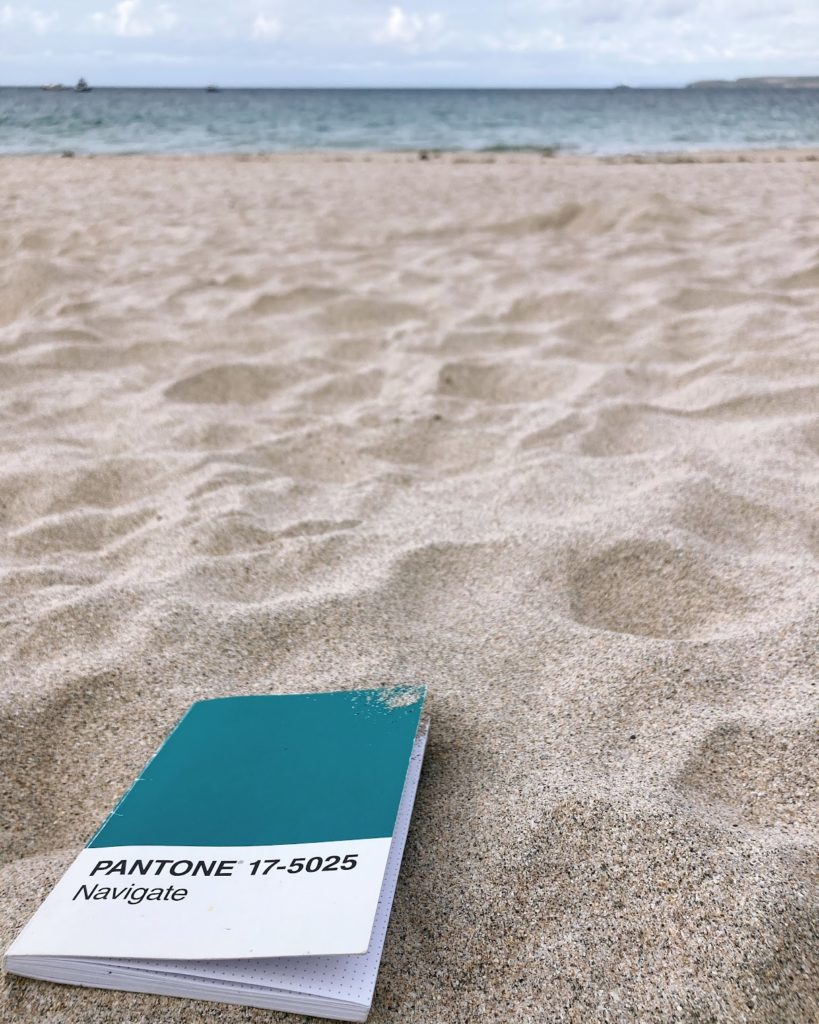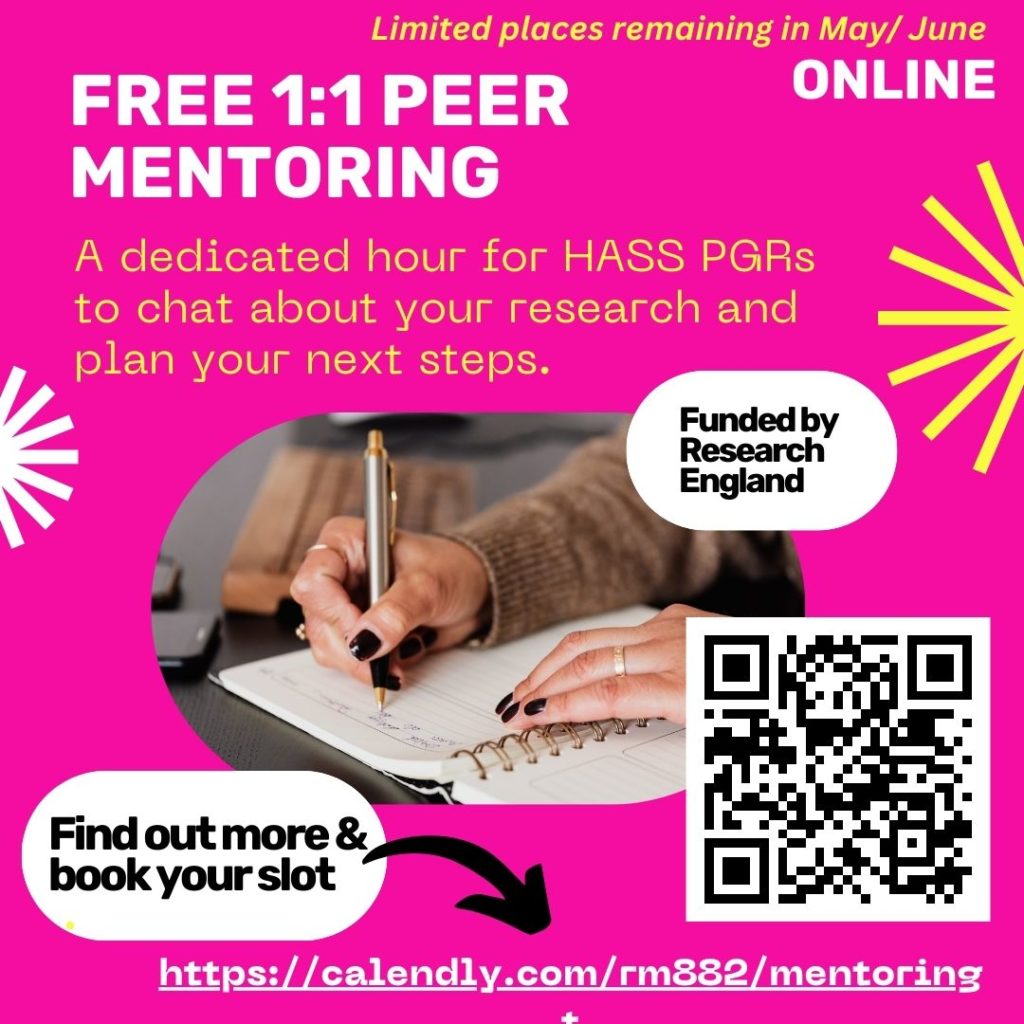
It is a strange life, being a postgraduate research student, especially in those subjects which do not involve regular lab work or other collective activities. We experience flashes of intense collaboration – organising a symposium, perhaps, or participating in a seminar. Then we endure long periods of labouring alone on the research and (in my case) creative practice at the heart of our PhDs. Amidst the waves of it all, it can be an isolating experience.
‘Research culture’ encompasses a wide range of activities and initiatives which seek to build a shared culture for researchers at all stages, fuelling collaboration and reducing isolation. Creating a strong research culture matters to universities – they are funded for it and assessed on it. These activities are here at Exeter, in abundance. Fellow PhD writer Caleb Parkin coined the apt portmanteau ‘emaelstrom’ to capture the dizzying volume of information that comes our way week after week! Why is research culture (of which this blog forms part) hard to grasp from the PGR perspective? Why do some of us feel adrift?
I’m a writer, so I think in images. The sea is at the heart of my own project, and it came strongly to mind as I reflected on this while running activities for HASS this year. It struck me that established academics and professional support staff can take a tidal view. When one research group or seminar series or project ebbs away, experience tells them that something else will flow into its place over time. They can weather a spell where the crashing waves of events and symposia are not closely aligned to their research area. In fact, they probably welcome a rare period when research culture becalms!
But as a PGR, the ebb and flow of it all can feel more stormy, more catastrophic. We are here for such a short time, relatively speaking. If something sinks – let’s say a relevant seminar series – we fear the lifeboat of its replacement may not arrive in time for us. If we see an opportunity to propose something new, we lack the experience to know whether it is worthwhile – or we lack the time to do it justice. That’s why, I think, PGRs can come across as needy to permanent faculty and staff. You are the surfers, we are the sometimes-panicky learner sea swimmers!
This is why some of us have been involved in setting up the HASS ‘peer2peer’ research culture activities this year. Funded through Research England, the programme is the brainchild of Professor Stacey Hynd (until recently Director of Postgraduate Research for HASS and now heading up the Doctoral College) supported by Rachel Dallyn. We have been resourced and equipped to float our ideas on the tides. The scheme has allowed for risk-taking, for serious play. We can’t meet every felt need in the PGR community, but we have offered things we think are important.

It is not too late to come and play in the tides with us. Recent HASS newsletters have teemed with opportunities – why not make a cuppa and fully read this week’s edition?! My own peer mentoring sessions have a few spots left – information here. It is extraordinarily hard to create a culture which serves researchers at all career stages, but we can try.
In the meantime, keep on swimming…
____________________________________________________________________________________

Ruth Moore is a second-year PhD Creative Writing Student and co-editor of this blog. Her research examines the ways in which contemporary children’s authors are using time-playful fiction, particularly in relation to telling stories out of archival silence. The creative element of her PhD project is a ‘middle grade’ children’s novel which takes place on a troubled night at the National Maritime Museum in London. Her MA in Creative Writing was at Oxford Brookes University; she also holds an MA in Applied Theatre from the Royal Central School of Speech and Drama and has worked in theatre and in project management in higher education and the voluntary sector prior to commencing her PhD.
